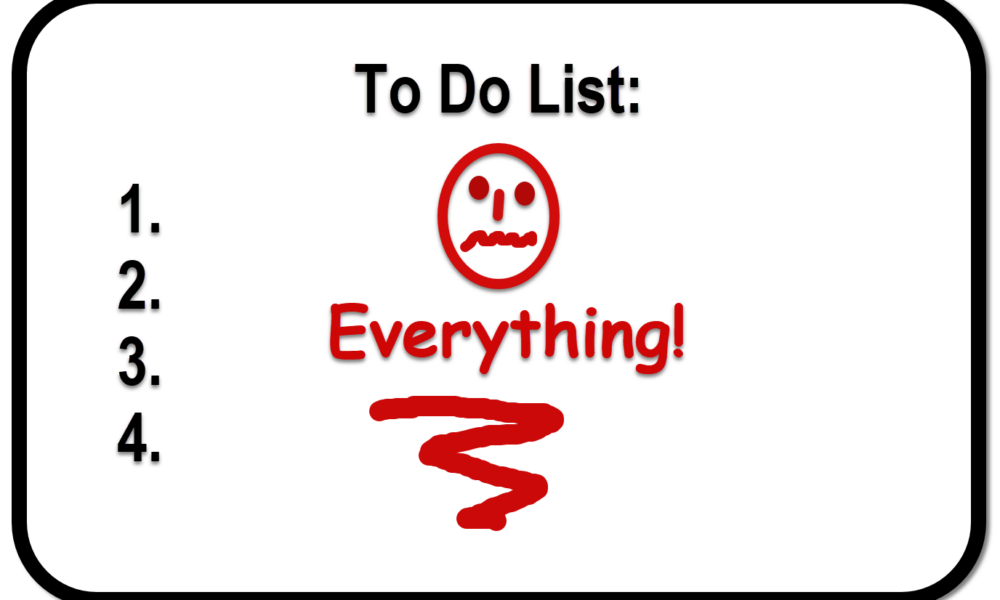
07 Are you a Freedom Seeker?
Does that list look familiar?
If this is you, you are not alone! Prior to 2020, Small Business Administration (SBA) statistics showed that 21.1 million of the 27 million small businesses in the United States consisted of a business owner with no employees. Many of these are freelancers and consultants. That is nearly 80% of small businesses. https://www.entrepreneur.com/article/340271
There are now 32.5 million small businesses. Many of these started to meet their living expenses. If it is still true that about 80% of small businesses have only the owner working in them, we can conclude that there are now approximately 26 million businesses with only the owner working and no additional employees. You are NOT alone!
Freedom Seeking business owners often started businesses to be their own boss, not work for someone else, to have the control or security that owning their own business can give. Others desired the attitudes and culture associated with a start-up business. Some likely started for financial freedom, to make more money, or just to pay the bills.
Freedom Seekers are the business owners least likely to have more than one employee. They can be consultants and freelancers who trade their time for money and are more likely to own their own job than own a business. We’ve been there.
Seth Godin: Here’s how Seth explains it:
Freelancers get paid for their work. Entrepreneurs … get paid when they sleep. https://www.entrepreneur.com/article/285804
The difference between entrepreneurship and freelancing comes down to TIME:
- Freelancers exchange time for money (albeit much more money than a traditional job).
- Entrepreneurs depend on systems, automation and, eventually, employees that work without their direct involvement.
The key question is: “If I take myself out of the equation, does the business still work?”
If the answer is “Yes,” you are an entrepreneur.
https://www.entrepreneur.com/article/285804
One of the biggest challenges of Freedom Seeking Business owners is time. They have so many hats, doing so many things. Ideally, one could start these one-person businesses as a side hustle while working a job that pays the bills. But, that is not always an option. Because the majority of these owners are working alone, they also are wearing all the hats. They have so many things to learn and organize, there just isn’t time to do them all.
How does one move from exchanging time for money to growing a business? Systems.
We help small businesses develop their financial processes that make sure they avoid unnecessary expenses and that they receive and deposit payments in a timely manner. It is an investment in systems that makes small businesses more profitable.
How do you know when it is time to hire a bookkeeper? Consider the following:
Taxes: Businesses keep books because it is legally required to provide supporting data for all taxes associated with the business: income tax, sales tax, property tax, employee-related taxes, and any others which may be required by a local or federal government.
Some sole proprietors initially feel they have the ability to do the bookkeeping themselves attempting to organize their records for a tax preparer each year. Most do not have the skill, knowledge, or desire to do it on an ongoing basis.
Time: As the business grows, the number of financial transactions increases taking more time to process. The transactions can also grow more complex and beyond the skill of the entrepreneur.
Choices: A business owner’s passion and skill set are typically in the goods or services the business provides. When crunched for time, it is so easy to put aside the things we don’t like to do and instead do what we love. It is easy to default to doing the urgent or immediate rather than the important and the necessary and fall behind in bookkeeping.
Life: Too often, we are so focused on getting the business on solid footing that we neglect our own mental, physical, emotional, and spiritual health. Since business is built upon our character and who we are, we may be building in its destruction as we are building the foundations.
Learning: Starting a business can be draining not only on you but on those around you. Entrepreneurs often need to learn many of the business tasks for which larger companies have entire dedicated departments, like sales, marketing, accounts payable, accounts receivable, and customer relations to name a few. The learning curve can be intense and priorities can shift. It can be easy to put everything you have into the business. The stress can strain relationships with family, friends, and even clients or customers.

Poor Accounting Process – 46% of small business owners reported they do not work with an accountant. In fact, the assumption of many owners is that hiring an accounting firm just during tax season is enough. This couldn’t be farther from the truth. Not only do small businesses run the risk of owing more than anticipated in taxes, but they risk losing profits. In 2014, nearly a quarter of small business owners said they had lost track of whether a customer had actually paid them. Reasons Small Businesses Fail
Business owners may be providing excellent goods or services. However, if their customers aren’t paying them, all their expertise and hard work may be in vain. Their business could fail.
Quader Books provides another set of eyes to make sure you get off to a solid start. Our reviews and monthly reports help you double-check that
- you are not co-mingling personal and business funds
- you are not double-paying for goods or services.
- customers are paying in a timely manner!
- payments are deposited so your hard work pays off!
We DID get into business to do bookkeeping. We know what taxes are owed when they are due, and how much they are. We are able to make payments for most taxes and give your tax professionals the data they need to be organized so they can quickly do the paperwork and file your business income taxes.


